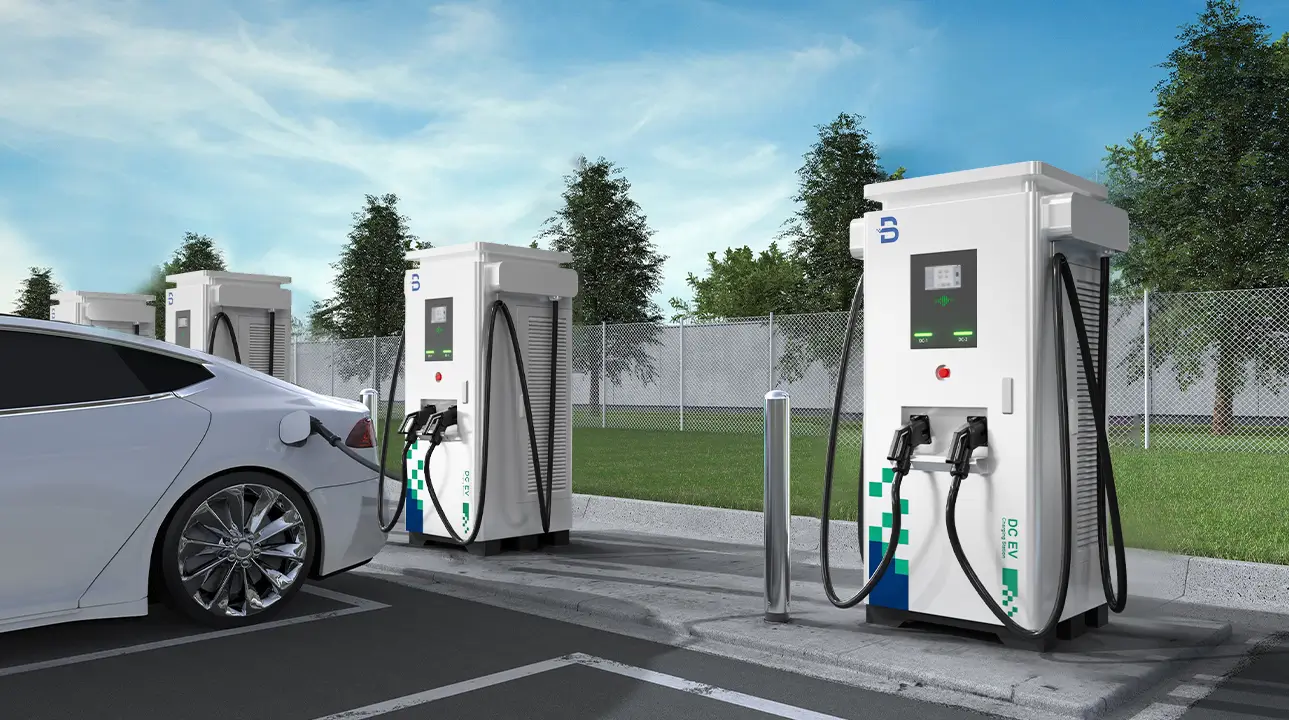[ad_1]
Mr. Plein plunked down a refundable deposit last May for a spot on the waiting list to buy Ford Motor Co.’s new electric pickup truck, the F-150 Lightning, set to start distribution this spring. Late last year, he made a separate reservation to buy an electric pickup from startup Rivian Automotive Inc.
“As soon as one of them says ‘Your truck is ready,’ then I’ll make a decision,” said Mr. Plein, a 57-year-old sales engineer who lives near Austin, Texas. He said he doesn’t expect to get his truck until the end of 2023, and might go with the Rivian if it is available sooner.
Auto makers increasingly are deploying reservation systems for their most buzzed-about new models, a tactic popularized over the past decade by Tesla Inc.
Auto executives say wait lists can give them a rough idea of the consumer interest in a new entry, which they say is especially important for electric cars, given the uncertainty around Americans’ appetite for EVs. For consumers, an online reservation offers an easier way than calling up a local dealer to secure a spot in line.
Car companies also use their reservation tallies to signal to Wall Street that there is strong appetite for future EVs, executives say.
Things don’t always go smoothly, though, say dealers and prospective buyers. Some customers complain that they have difficulty getting status updates through the dealership or the manufacturer.
Some dealers say they have mixed feelings about the process. While each reservation is a new potential sale, it also puts them on the hook to manage customer frustration as reservation holders wait, often for more than a year, dealers say.
“We’re the ones who take the brunt of the complaints,” said Deuce Waikem, general manager at a dealership group near Canton, Ohio, that sells Ford, Honda and other brands.
The use of reservations is another relatively new wrinkle in a car-buying environment that has been scrambled over the past two years. A shortage of semiconductors and other supply-chain snares have reduced new-car inventories, sent prices soaring and driven more of the buying process online.
Traditional car makers already were turning to deposit-based reservations before the market upheaval, though, trying to emulate the buzz Tesla generates for its car launches. After Tesla Chief Executive Elon Musk unveiled the Model 3 sedan during a boisterous reveal party in 2016, more than 500,000 reservations eventually poured in, with refundable deposits of as much as $1,000, the company said.
Typically, prospective buyers submit a deposit, which is often refundable, through a website set up by the auto maker. Traditional car companies, which use dealerships, have shoppers select a dealer as the point of contact and delivery location.
Ford said in December that it stopped taking reservations for the Lightning after the list reached 200,000 trucks because of manufacturing constraints. Ford executives have said strong interest in the pickup contributed to the decision to nearly double production from earlier plans.
Ford Chief Executive Jim Farley has said opening reservations during an onstage unveiling has become the company’s primary way of creating buzz and gauging consumer interest in a future model. Ford revealed the Lightning at a party near its headquarters last May.
“Our new Detroit motor show is our reveal, because this starts the clock on reservations,” he told analysts in October, likening it to a Super Bowl ad.
General Motors Co. said it has received 130,000 reservations for the electric version of its Chevrolet Silverado pickup truck, which was unveiled in early January and is scheduled to go on sale next year. A spokeswoman said the company uses that data, along with input from dealers and commercial customers, to plan the model mix and production numbers.
Honda Motor Co.’s Acura brand began taking reservations recently for a new version of the MDX crossover SUV as well as the Integra sporty sedan. Jay Joseph, Honda’s U.S. vice president of marketing and customer experience, said the wait list is intended to give customers peace of mind that their spot for a high-demand model is secure.
“That deposit puts somebody first in line above some other relationships the dealer might have,” he said.
It is common for EV shoppers to make reservations for more than one model in hopes of getting one sooner. That makes reservation tallies an imprecise gauge of consumer interest, analysts say.
Startup EV maker Fisker Inc. has tried to curb that practice by charging a fee for people who back out after putting down the $250 deposit for its coming Ocean SUV. Chief Executive Henrik Fisker said he thinks 31,000 Ocean reservations are reflective of the demand.
“This was born of consumer demand and, of course, for investors on Wall Street it gives them an idea about whether people like your vehicle or not,” he said.
Download
the App to get 14 days of unlimited access to Mint Premium absolutely free!
[ad_2]
Source link





More Stories
How to Join Nissan CVT Lawsuit Fast
Latest Nissan CVT Settlement Update
The Future of Electric Cars: What to Expect by 2030